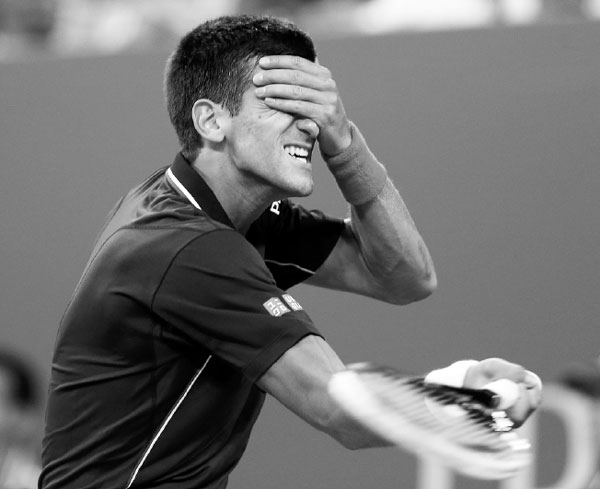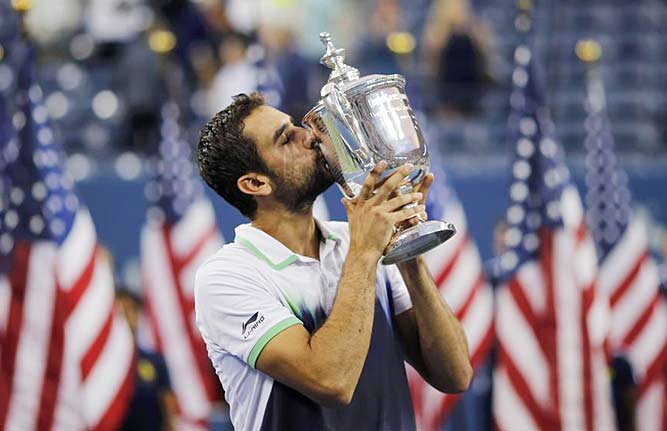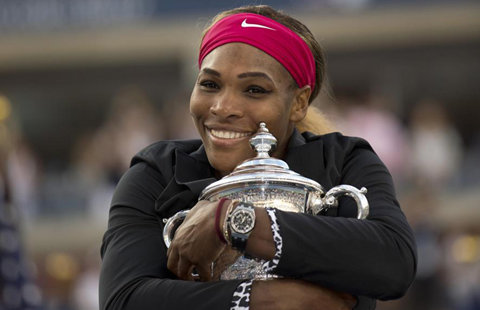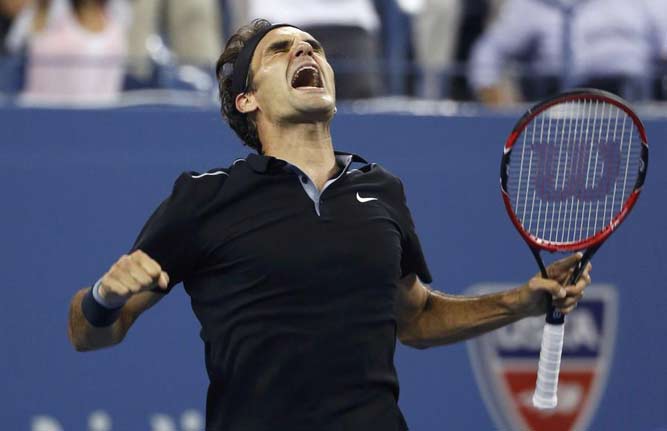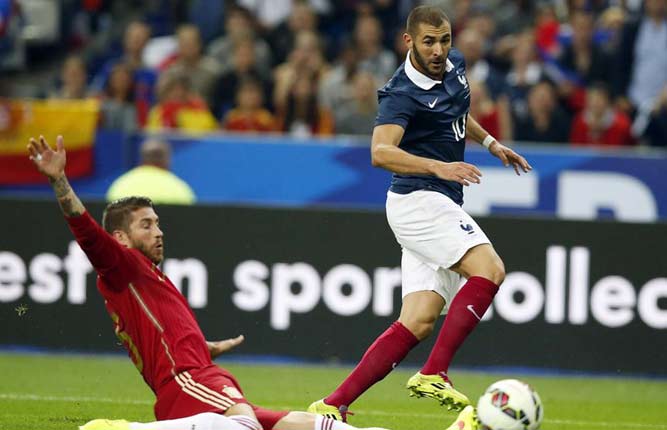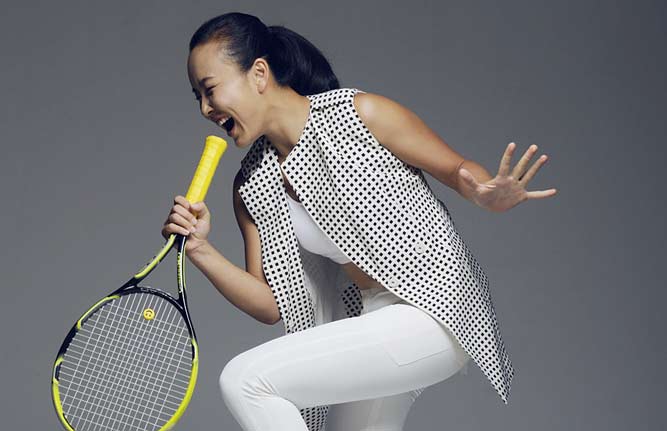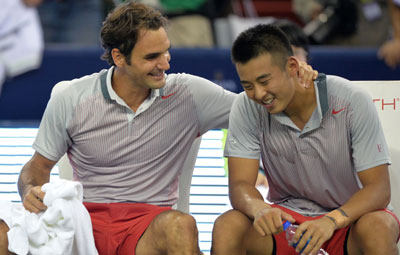Determined Djokovic edges longtime rival
By Associated Press in New York (China Daily) Updated: 2014-09-05 07:22
World No 1 reaches eighth US Open semi in a row with win over Murray
Through a pair of back-and-forth sets, Novak Djokovic and Andy Murray put on a display befitting a matchup of past US Open champions.
They tracked down would-be winners and somehow got them back, prolonging points that involved 10 or 20 strokes or more, extended by Djokovic's slides and splits or Murray's gifted anticipation. After one 30-shot masterpiece on his way to victory, Djokovic raised his right fist, bellowed, "Come on!" and windmilled his arms to rile up the crowd.
|
Novak Djokovic reacts after missing a return to Andy Murray during their quarterfinal match at the US Open on Thursday. Djokovic advanced to the semis after four tough sets. Darron Cummings / Associated Press |
Eventually, the physically demanding action proved too much for a fading Murray and Djokovic pulled away to win 7-6 (1), 6-7 (1), 6-2, 6-4 and reach the tournament's semifinals for the eighth consecutive year.
"I knew coming into tonight's match that it's going to be tough, that he's going to go for his shots and the more aggressive one would win it," the No 1-ranked and No 1-seeded Djokovic said. "I'm glad I managed to stay fit in the end and pull through it."
It took a while for him to push out front in a three-hour, 32-minute match that ended after 1 am on Thursday.
Asked in an on-court interview to look ahead to facing 10th-seeded Kei Nishikori of Japan in Saturday's semifinals, Djokovic said: "My thoughts are just directed to sleeping right now."
That drew guffaws from spectators and he continued: "Or party. What do you say? Let's party. I think my coach right there would chase me with a little baseball bat if he saw me going to the city to party right now."
Djokovic broke the No 8 seed to go up 3-1 in the third set, then fended off a pair of break points in the next game. On the first, Murray sailed a backhand long to end a 28-stroke point, then leaned over and put a hand on his knee. On the second, he dumped a forehand into the net, then slammed his racket against his right thigh and yelled.
Soon, Murray was turning to his box to say, "Nothing in the legs". In the fourth set, a trainer came out to deliver a heat pack to Murray.
He had back surgery a year ago and in his first-round match in New York last week he barely managed to overcome cramps all over his body. Murray had looked fine since then but couldn't sustain his top form throughout the physically demanding quarterfinal against Djokovic, who won the US Open in 2011 and has played in the past four finals.
"He was fresher toward the end," Murray said. "I tried to hang in as best I could."
Until the third set, anyway, Djokovic-Murray was reminiscent - in terms of pure entertainment value and setting, if not quite star power - of the 2001 classic between Pete Sampras and Andre Agassi, which also was a quarterfinal, and also under lights at Arthur Ashe Stadium. That one, won by Sampras, featured four tiebreakers, because neither man broke serve.
If the sublime-serving Sampras against the terrific-returning Agassi provided a contrast in styles, Djokovic versus Murray was more a case of mirror images. Two of today's top returners, they combined for 11 service breaks, seven by Djokovic, including in the final game. They are also brilliant baseliners and retrievers and it helps that they know each other - and each other's patterns - so well.
Born a week apart in May 1987, they have played 21 times; Djokovic leads 13-8. Both of Murray's major titles - at the US Open in 2012 and at Wimbledon last year - came via victories over Djokovic. Two of Djokovic's seven major trophies - at the Australian Open in 2011 and 2013 - came against Murray.
In the women's quarterfinals, top-seeded Serena Williams dropped the first three games before quickly turning things around to defeat 11th-seeded Flavia Pennetta of Italy 6-3, 6-2. Williams, who counts five US Open titles among her 17 Grand Slam trophies, will play 17th-seeded Ekaterina Makarova of Russia in the semifinals.
Williams has a 19-match winning streak at Flushing Meadows, including the 2012 and 2013 championships.
"Against her, you can't wait, you can't give her time, you can't fail to push her to her limits - because if you do, she's a runaway train," Pennetta said.
(China Daily 09/05/2014 page23)
